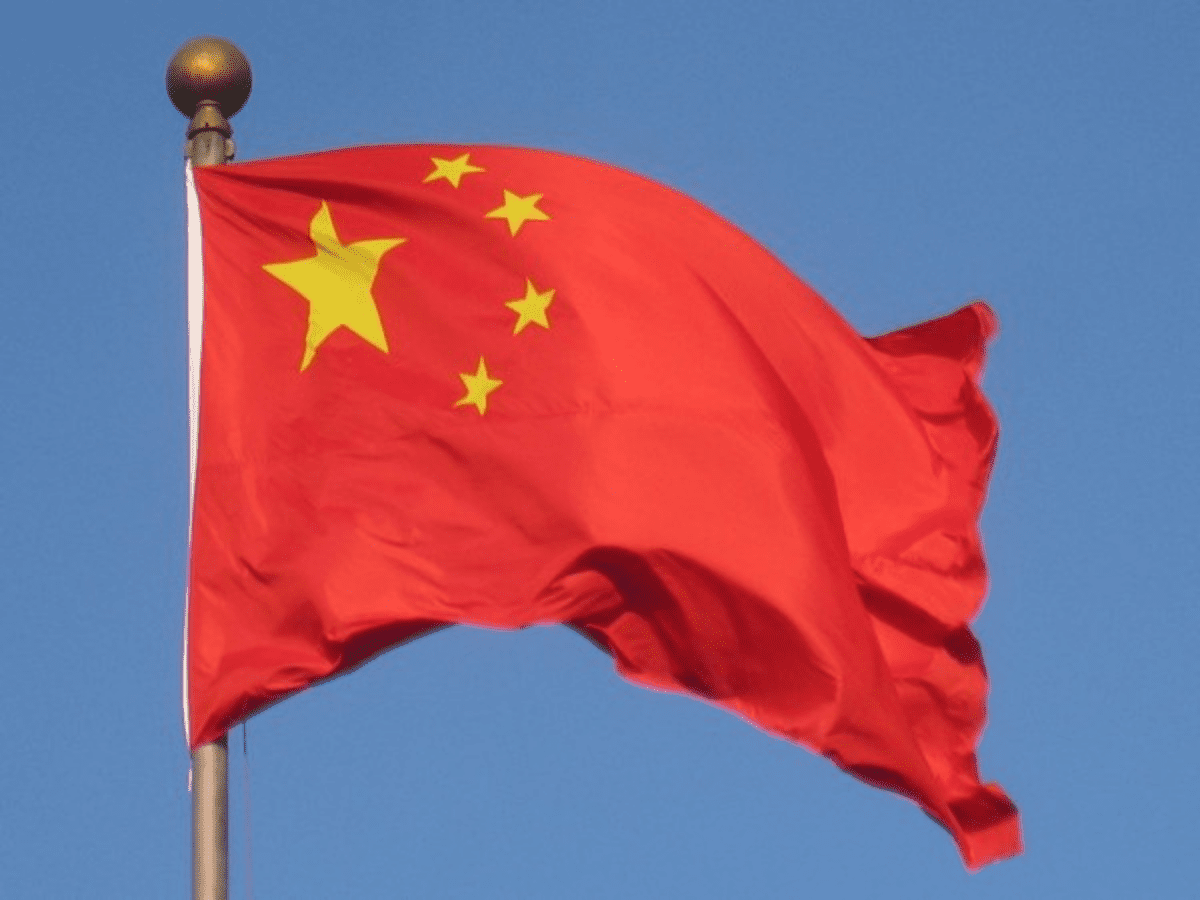
Hong Kong: The ongoing Russia-Ukraine war is bringing the Middle East more closure to China than the US which is evident by the voting records of three recent United Nations resolutions.
On February 26, UN Security Council voted on a resolution that demanded Moscow stop its attack on Ukraine immediately and withdraw all its troops, but SC’s three members namely China, India and UAE abstained from voting.
Within a week, the same incident was seen when UN General Assembly voted on a motion calling for an immediate end to the hostilities, but China, Iran and Iraq among 35 countries abstained from voting, Asia Times reported.
And then on April 7, the General Assembly adopted a resolution suspending Russia from the Human rights Council, but this time China, Iran, Iraq, Saudi Arabia, UAE, Qatar, Kuwait, and others voted against the motion.
Taken together, these tallies at the UN reveal an inconvenient truth: Even as much of the world condemns Russia’s hostilities in Ukraine, the war has led to China and the Middle East having more in common in various positions.
Even China and the Middle East countries shared the same concern. For instance, support for Russia’s seat on the Human Rights Council was due to the shared concern over precedent, and how their own human-rights records might be judged in the future, reported Asia Times.
Others’ moves, such as the UAE’s abstention from the UNSC resolution calling for an end to the fighting, were driven by annoyance that Washington failed to designate the Houthis as terrorists despite the group’s attack on an oil refinery in Abu Dhabi on January 17.
While, on other hand, Russia maintained its relationship with the Middle East and China through historical ties, investments, and leverage (as well as shared grievances with the West) – it is actually rifting between the US and the Middle East that is driving Gulf states closer to China.
This new closeness is seen when Saudi Arabia negotiated with China over Beijing’s desire to buy oil with renminbi (Chinese Currency), a request the kingdom is apparently considering on economic and political grounds, Asia Times reported citing The Wall Street Journal.
The US-Saudi relationship is at its lowest point in a decade, primarily due to Washington’s concerns over Saudi domestic politics and human rights abuses, especially the 2018 assassination of Saudi journalist Jamal Khashoggi. If the renminbi deal happens, it could pose a significant challenge to the dollar’s status as the global trade currency,
The war in Ukraine has also added another layer of uncertainty to Washington’s relationship with the Middle East.
Beijing has been boosting its engagement with the Middle East for a decade, and diplomatic engagement has soared. Last year, the Chinese foreign minister visited the Middle East twice, stopping in nine countries.
Moreover, in January this year, China hosted the Secretary-General of the Gulf Cooperation Council as well as the foreign ministers of Saudi Arabia, Bahrain, Kuwait, Oman and Turkey.
Ukraine is not the only matter that is playing important role in bolstering China’s role in the Middle East. Since 2020, millions of doses of China’s Sinopharm have been administered in the region, according to Asia Times.
With the US preoccupied in the Indo-Pacific region and in Europe, and China’s continuous effort in increasing its relationship with the Middle East, the region’s great-power dynamics are shifting under the clouds of conflict in Ukraine.



